Leading change
Bringing the experiences of Winnie Mandela alive
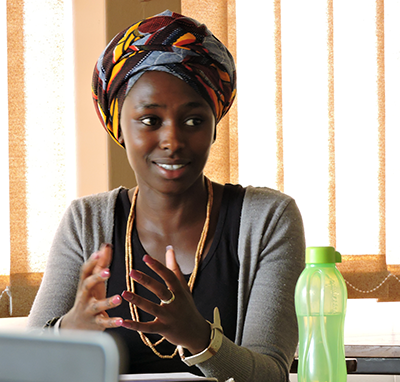 In February 2017, the Department of Political Sciences housed in the College of Human Sciences hosted a research seminar presented by junior lecturer Lebogang Motsomotso. She presented a paper based on her research, entitled Winnie Mandela’s self-writing: Torture, psychic breakdown, and solidarity.
In February 2017, the Department of Political Sciences housed in the College of Human Sciences hosted a research seminar presented by junior lecturer Lebogang Motsomotso. She presented a paper based on her research, entitled Winnie Mandela’s self-writing: Torture, psychic breakdown, and solidarity.
Motsomotso said that her paper is based on two key narratives of Mandela’s political experience and oppression. The first is the autobiography, Winnie Mandela: A life, which is divided into three parts, each capturing momentous phases of Mandela’s life: part one as Winnie Madikizela, part two as Winnie Mandela, and part three as Winnie Madikizela-Mandela.
The second book is 91 days: Prisoner Number 1323/69, which focuses on Madikizela-Mandela’s 491 days in solitary confinement at Pretoria Central Prison. Motsomotso said the book is divided into two parts: part one is presented in a journal format and part two includes letters sent to and from her lawyer, her husband, Nelson Mandela’s lawyer, family lawyer, and family members, including her children.
Motsomotso said through her paper she aimed to deliver a conceptual understanding of both books, based on three key elements: torture, psychic break down and solidarity. She said as she read both books she found it difficult to stop herself from being very subjective and emotional. She often found herself teary eyed, sometimes while reading on the taxi when travelling to work. “So I am in a taxi getting teary around other people, and you have to bring yourself towards yourself to hold the tears in.”
She said much of what she spoke about was subjective because she mostly related to Mandela as a mother and what she had to endure being a mother. “I know often in academia we are encouraged or the norm is to write from the objective point of view because it is indication that you are aware of other schools of thought, perspectives and ideologies,” she said, adding that, this could not be the case for her, because of the emotions the books evoked and how she related to the texts and Mandela.
She provided a background of Mandela’s childhood experience, the schools she attended, when and where she started working and her involvement in community work and in the political sphere. She also spoke on how she and husband met.
According to Motsomotso, Mandela’s torture began when her husband went underground as decided by the ANC’s National Executive. This separation, she said, can be seen as torture, describing it as violence that goes beyond the person, it has a mental impact: “it essentially slips into your psyche, your soul, your essence”.
She said that the perpetrator of this violence was represented and embodied by the state which was the police force at the time. “They were the ones unmaking the body by torturing it – by unmaking the body, they criminalised it. Winnie thus became a criminal in the eye of the torturer, the state, the police.” She added there was the paradox of justification as the act of unmaking the body, of torture, was justified. It was justified because apartheid was a legal system; the torturer was an authoritative figure.
Motsomotso then cited Prof Pumla Gqola, who speaks about sexual violence against black women. She said one of her arguments is that colonial; perhaps even apartheid South Africa, regarded black women as last in the hierarchy of being. “Therefore the body of a black woman is the least important, the least in need and deserving of any protection. The body of a black woman is a space and place where violence is expected to happen.”
In addition to this torture meted out to black women, Mandela was treated much more severely, said Motsomotso. “Apart from being former President Mandela’s wife, she was well known in her own right as an activist and they did not want to subject her to the same physical torture they did to other detainees. They tortured her in various ways with the aim to not only physical hurt her but to also break her spirit.”
According to Motsomotso, the apartheid system tried to control Mandela’s “how” and “why”. Citing Professor Nelson Maldonado-Torres on the metaphysical catastrophic and the naturalisation of war, she said the body is the nexus of thinking and being, it is where thinking occurs, it is the sight of thinking. With this in mind, she views the apartheid system as something that was trying to break down the site of thinking – to break Mandela.
Motsomotso’s seminar formed part of the Department of Political Sciences monthly research seminar, where one seminar is presented during the month as a way of sharing and enhancing the lecturer’s overall research output.
*By Katlego Bryan Pilane
Lebogang Motsomotso (Lecturer: Department of Political Sciences)
Publish date: 2017-03-13 00:00:00.0


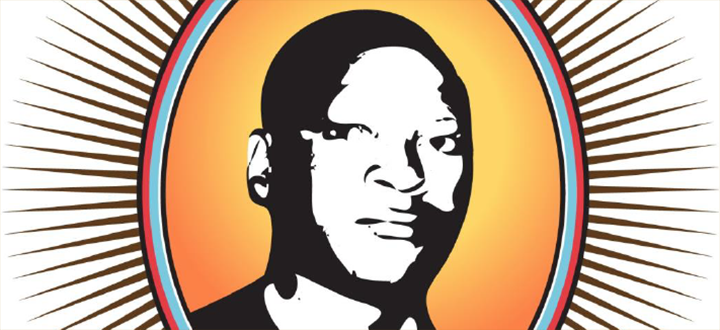 Unisa honours Dr OK Matsepe's enduring legacy
Unisa honours Dr OK Matsepe's enduring legacy
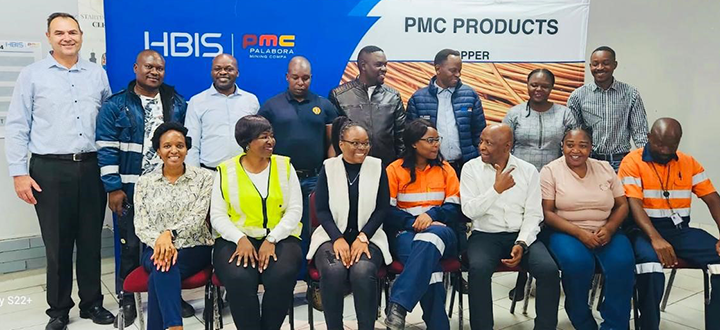 Great strides towards concretising Unisa-PMC partnership
Great strides towards concretising Unisa-PMC partnership
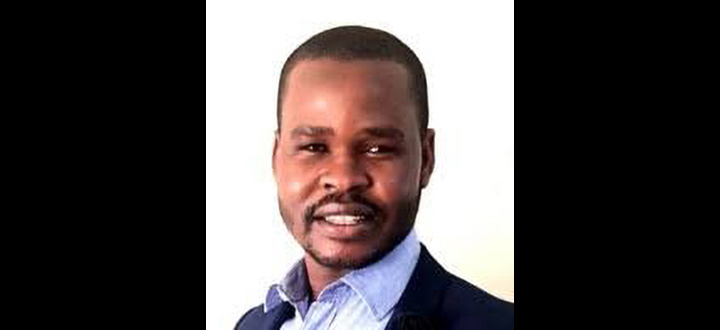 Mental health among men in the workplace needs more attention
Mental health among men in the workplace needs more attention
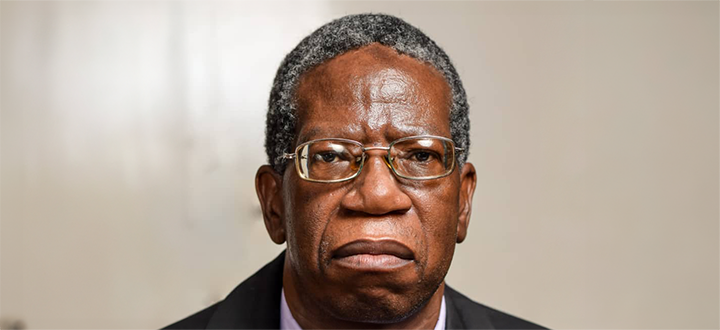 "I owe everything to Unisa and my late supervisor's priceless mentoring"
"I owe everything to Unisa and my late supervisor's priceless mentoring"
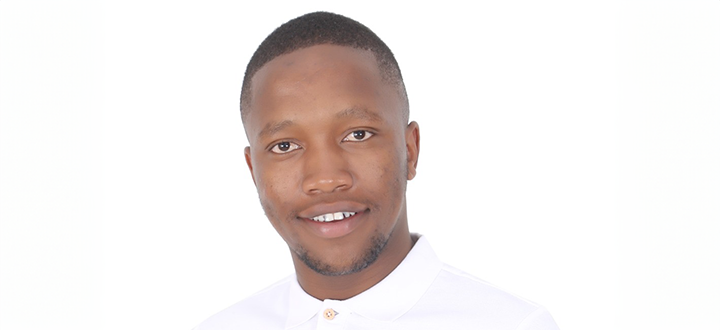 Majikijela - a queer scholar raising homosexuality awareness through his work
Majikijela - a queer scholar raising homosexuality awareness through his work